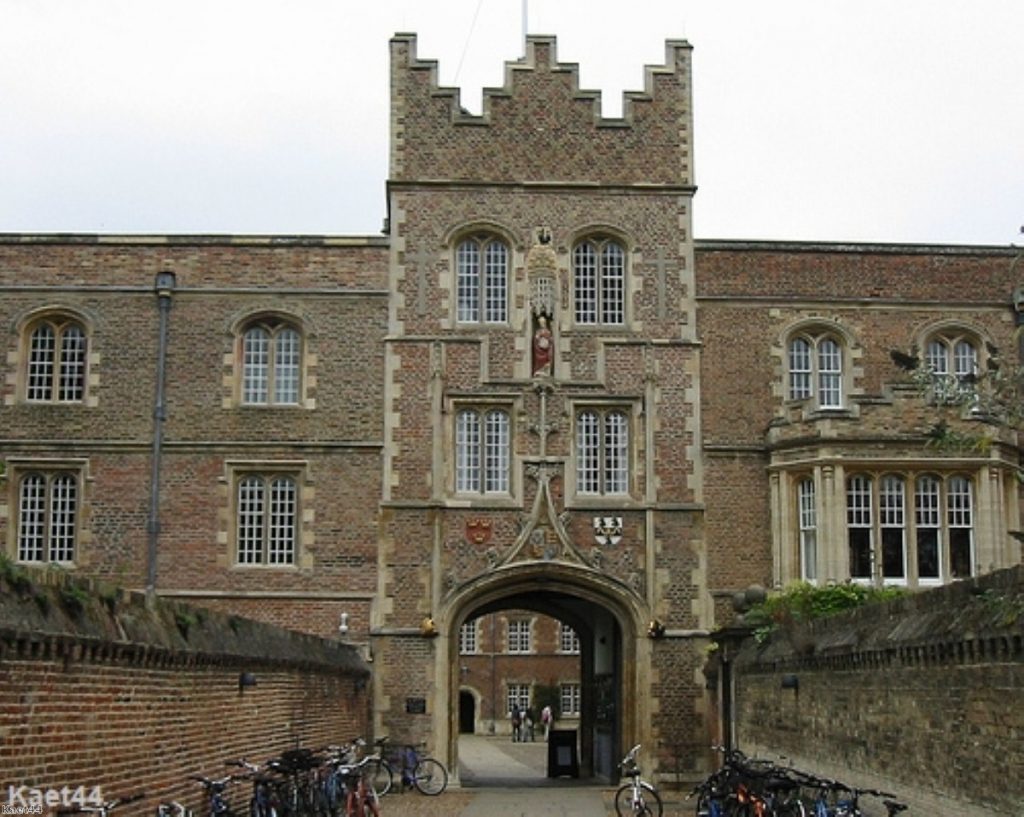Universities must charge £6,863 ‘to survive’
The government’s plans to cut higher education funding will mean that tuition fees of nearly £7,000 will be the norm rather than the exception, a union warns.
In justifying the raising of the cap on tuition fees to £9,000, the coalition has made it a cornerstone of their argument that universities which charge more than £6,000 will have to demonstrate they are increasing access to poorer students.
If they do not, they face fines of up to half a million pounds according to the government.


But today’s report by the University and College Union (UCU) found that the stated cuts to teaching grants for subjects in the arts or humanities will mean institutions need to charge far above the £6,000 threshold.
According to UCU’s figures, detailing how much funding it would take to break even for a single arts or humanities student, the average fee English universities will need to charge is £6,863.
A small number of institutions, such as Guildhall school of music and drama and Thames Valley University, will have to charge upwards of £7,700. Even Oxford University will have to charge over £6,000, says the union.
Sally Hunt, UCU’s general secretary, called the government’s claims about the £6,000 figure “completely bogus when one scratches at the surface of the plans”.
She added: “MPs need to think long and hard about whether or not they really think record fee levels benefit their constituents or our international reputation.
“By slashing the teaching grant and making students foot the bill we will see whole subject areas starved of public funds and possibly forced to close.”
The crunch vote on tuition fees takes place this afternoon, as analysts wait to see how the convulsions within the Lib Dems, under pressure over their pre-election pledge to oppose any rise in fees, will play out in the voting lobbies.









